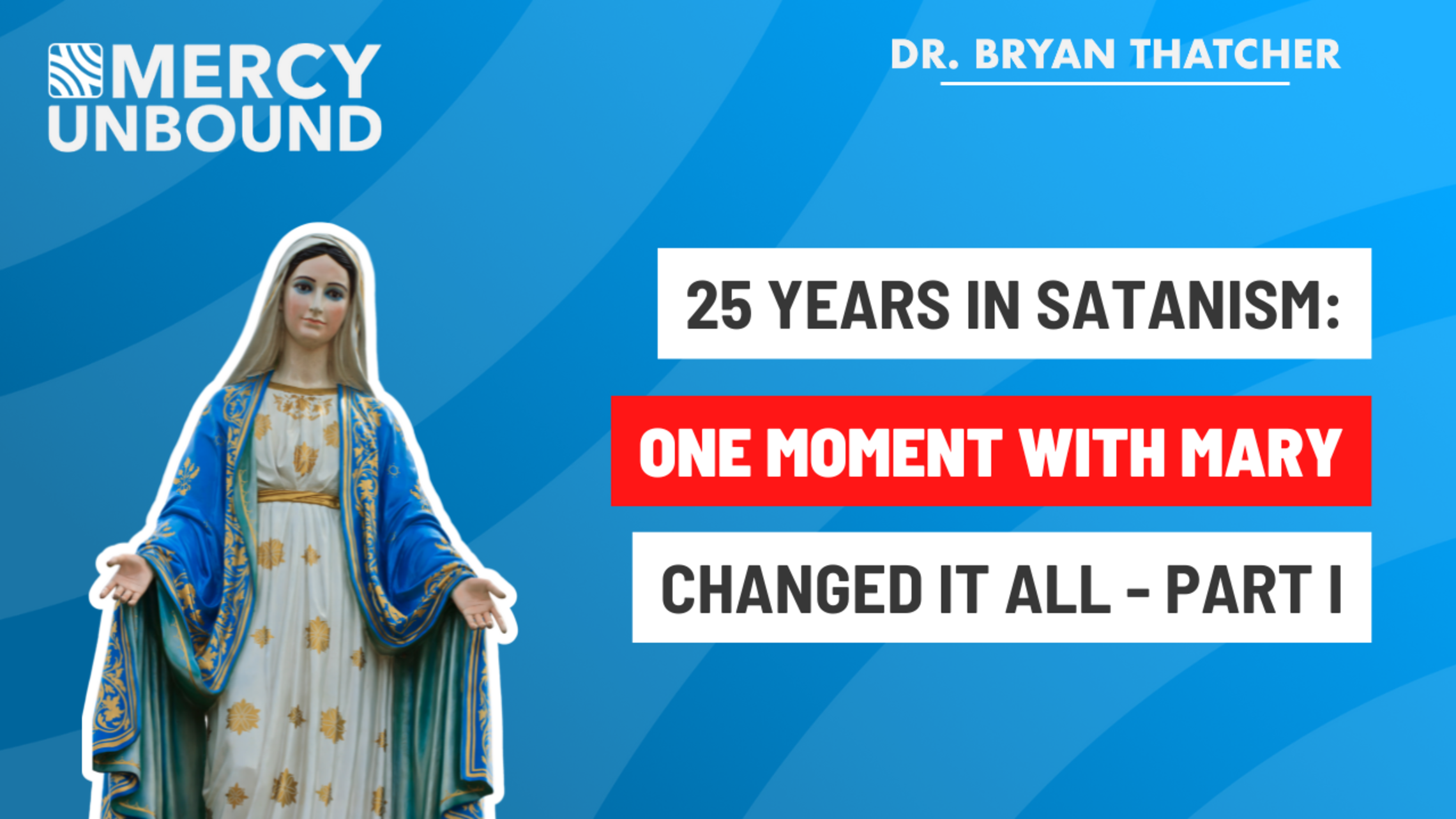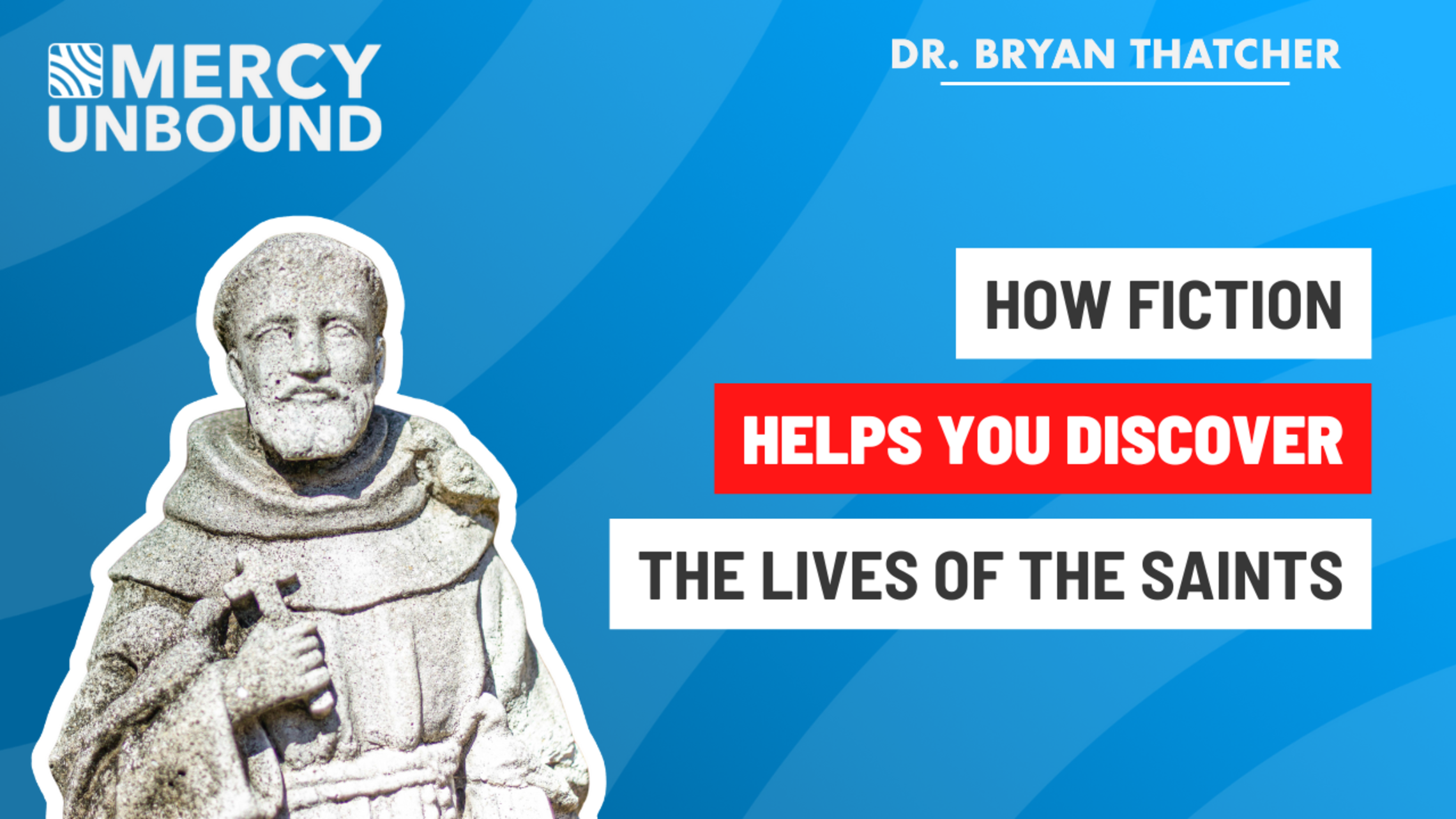A Defender of Life: The Witness and Work of Jason Jones
Episode 185, A Defender of Life: The Witness and Work of Jason Jones
Jason Jones is a bestselling author, human-rights advocate, political scientist, and filmmaker whose work has taken him to some of the most troubled regions of the world. He has served vulnerable communities in the midst of war, persecution, and genocide, seeking to reveal the deeper realities often overlooked—or ignored—by the modern media.
In this episode, Jason shares his powerful testimony, being a defender of life and human dignity and his work with the Vulnerable People Project, an apostolate dedicated to protecting the most defenseless members of the human family.
Early Life
Born to a mother who was only sixteen, and whose marriage ended within two years, Jason grew up without a faith foundation and in a home where neither religion nor politics was discussed. Having never seen his parents together, he formed one clear aspiration - to be a good father. Yet early in his military training, he learned that his girlfriend’s father had forced her to undergo a third-trimester abortion. That tragic event became the catalyst for Jones’s lifelong commitment to building a culture of life.
Life Ministry
Jason founded the Vulnerable People Project, which supports a wide range of humanitarian and Catholic initiatives. One example is funding security personnel to protect Catholic churches and seminarians in Nigeria, where violence against Christians continues to escalate.
In his book, Dispatches from the Great Campaign: Defending Life on the Front Lines, Jones exposes the ongoing assault on human life across the globe. The book is available through Sophia Institute and on Amazon. Commenting on the work, Bear Woznick wrote, “Jason Jones gives us his perspective on a world in crisis like a wordsmith pounding out a sharp edge with a forge and hammer. This book should come with a warning label; his riveting words will challenge you to action.”
Foreign Affairs
Jason reflects on America’s moral responsibility in foreign conflict. Drawing on principles from Just War Theory, he emphasizes the need to distinguish between military and civilian targets, to minimize civilian casualties, and to ensure that any response to aggression is proportionate. He raises difficult but important questions, asking whether actions such as the bombing of Hiroshima and especially Nagasaki upheld these principles.
In his essays—including “President Trump: Find Peace in Syria by Looking to Switzerland” and “What We Wish Donald Trump Would Say to Prime Minister Netanyahu”—Jason highlights the suffering of Christians in the Middle East, noting the destruction of Catholic churches and sacred sites. He recounts efforts to bring truckloads of food into Gaza and the immense challenges involved in providing relief there.
Throughout his work, Jason calls attention to the increasing persecution of Catholics and other Christians worldwide, urging the faithful to remain vigilant, compassionate and courageous in the face of suffering.
Click to Subscribe:



